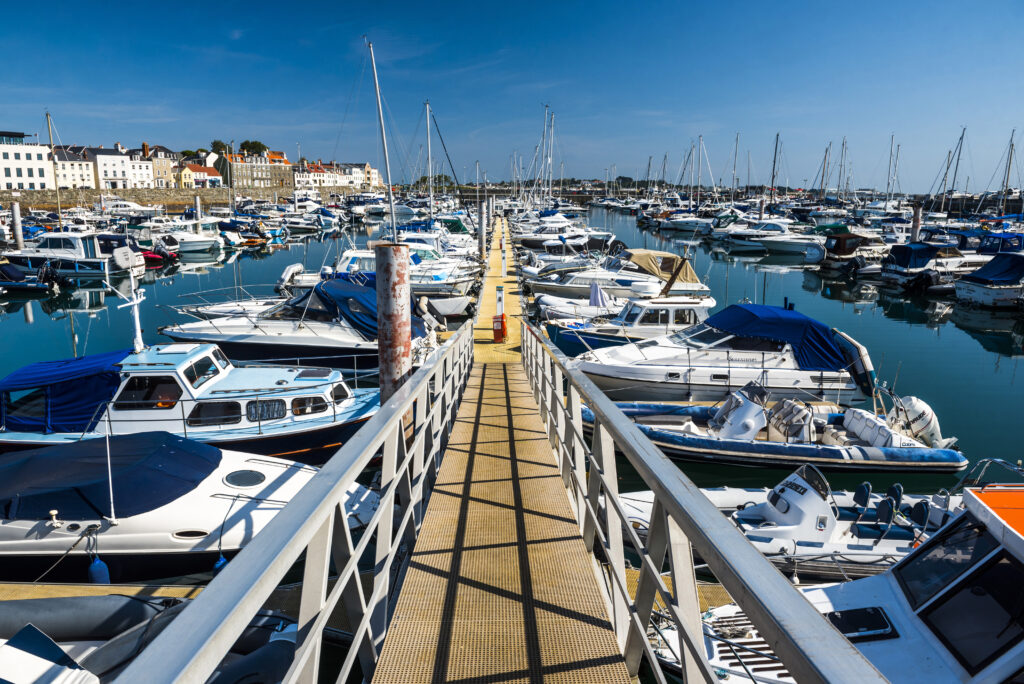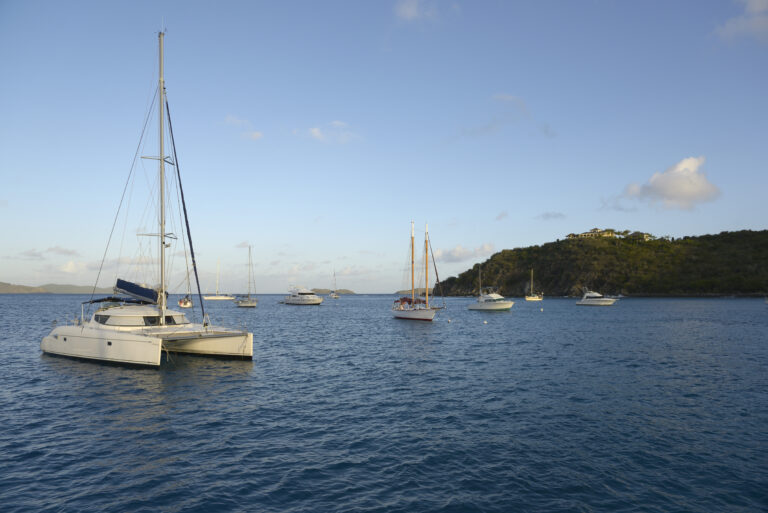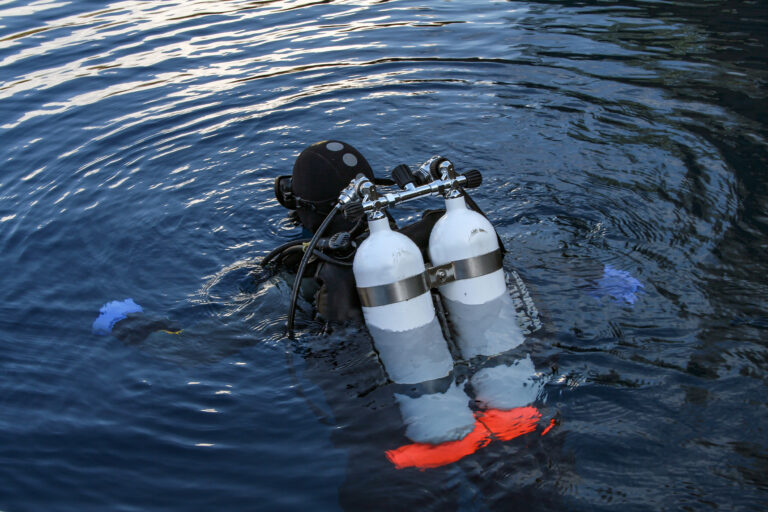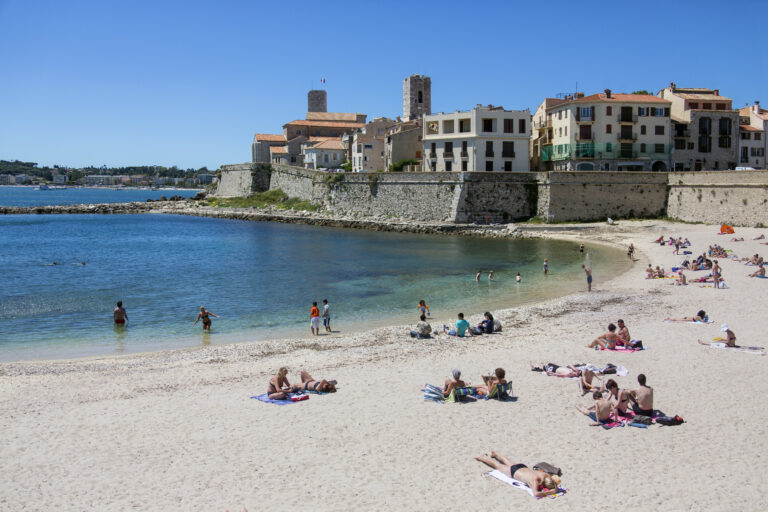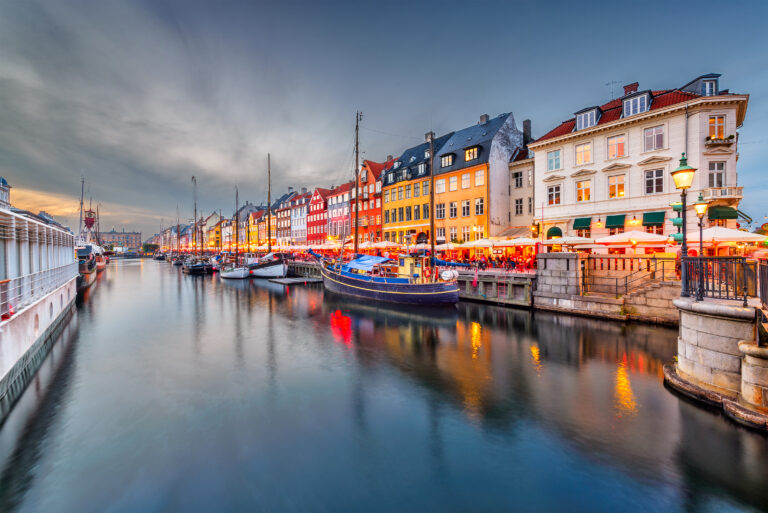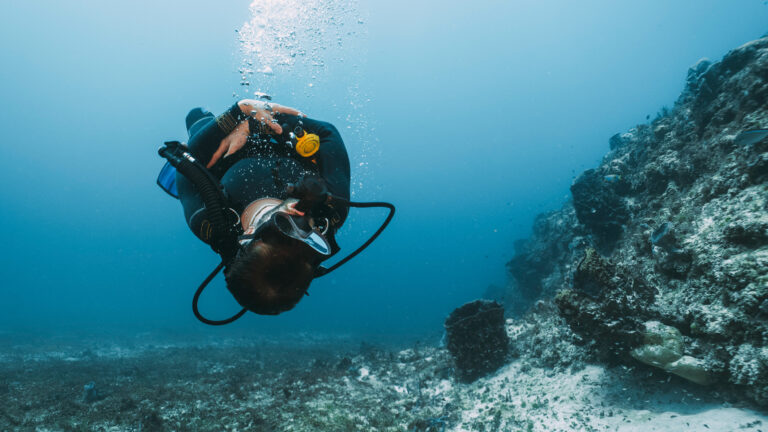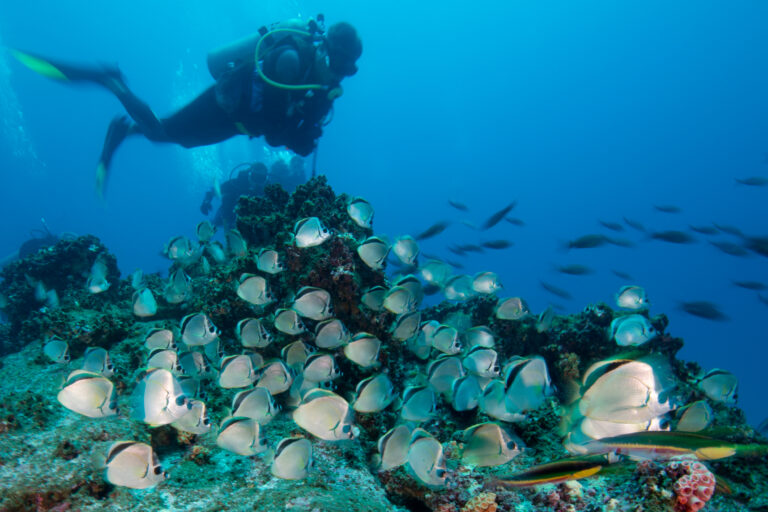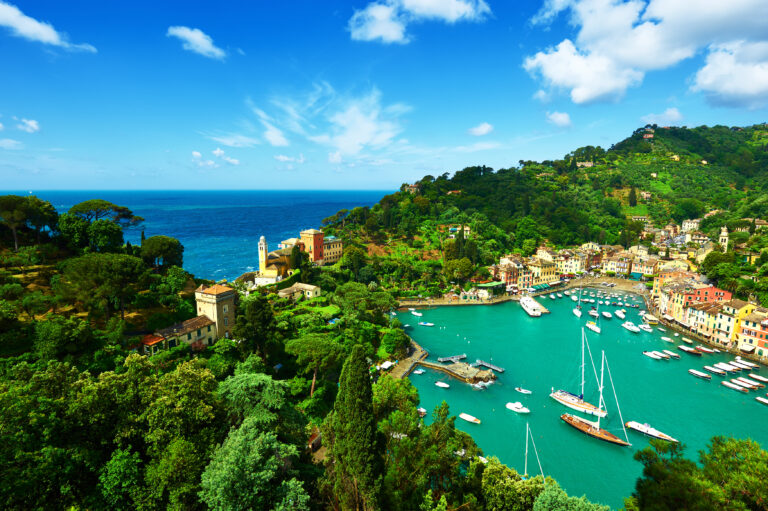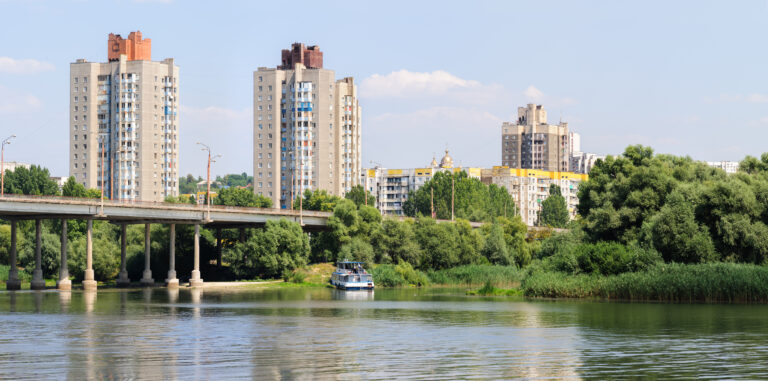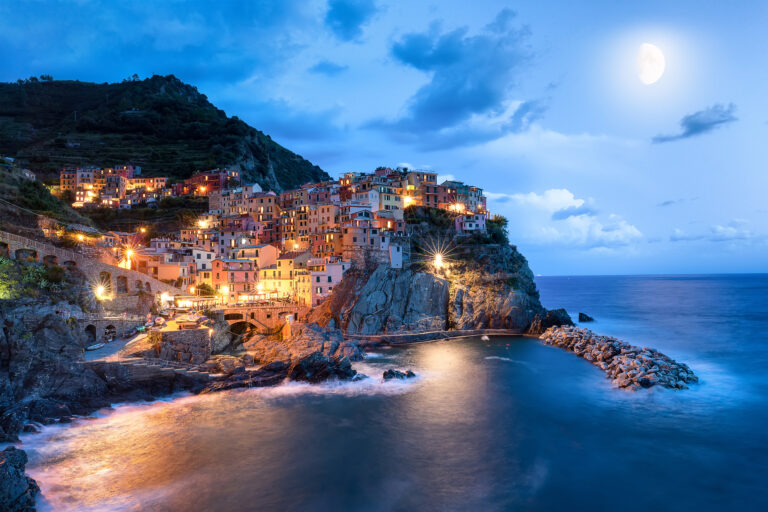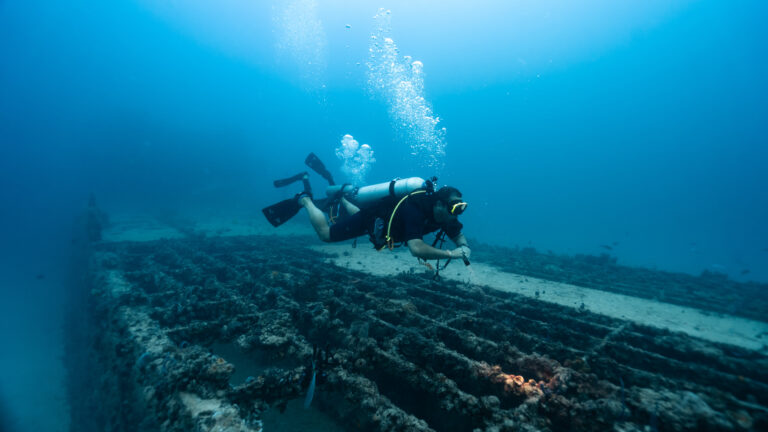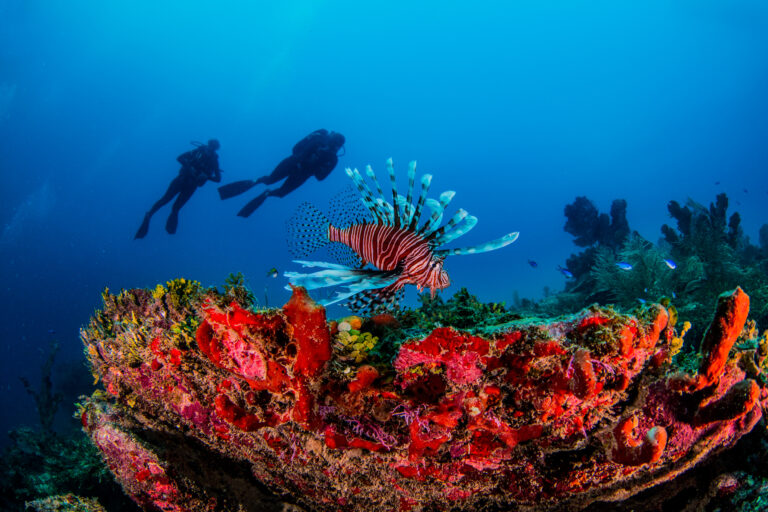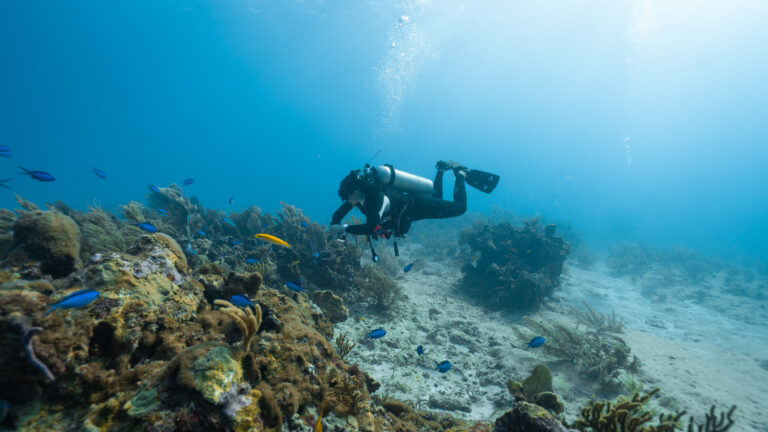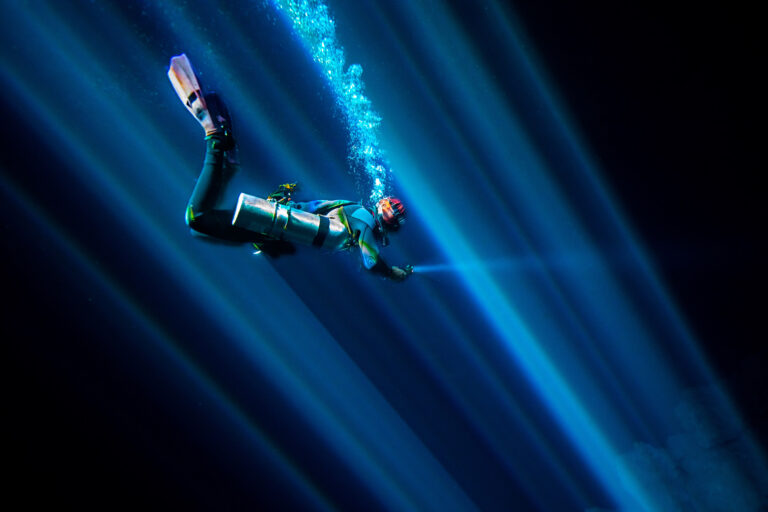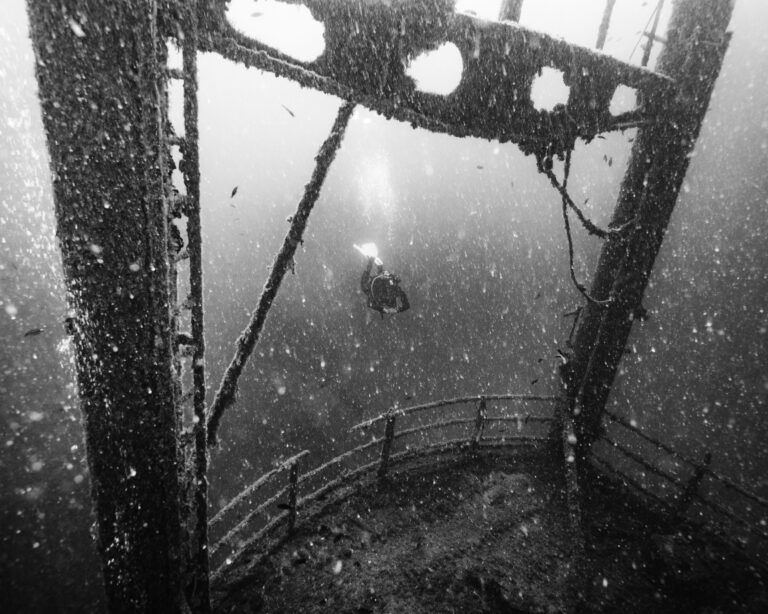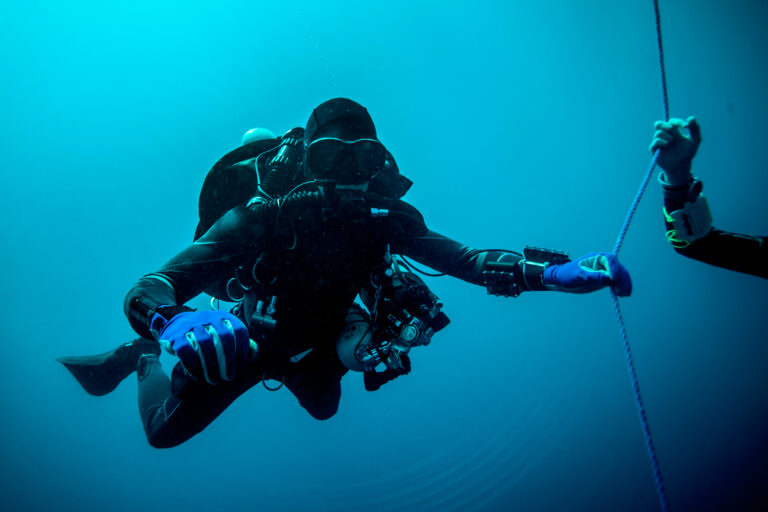SCUBA DIVERS’ TRAVEL GUIDE TO Guernsey
Guernsey is a scuba diver’s paradise, with crystal-clear waters, abundant marine life, and fascinating shipwrecks. Whether you are a beginner or an expert, you will find something to suit your level and interest in this beautiful island. You can explore the rich history of Guernsey through its underwater heritage, from Roman anchors to WWII planes. You can also enjoy the stunning scenery of rocky reefs, kelp forests, and sandy bays, where you can encounter seals, lobsters, cuttlefish, and more. Guernsey has a variety of dive sites to choose from, both from shore and boat. Guernsey is a destination that will inspire you to dive deeper and discover more.
LOCATION AND GEOGRAPHY
Nestled in the English Channel, off the coast of Normandy, Guernsey is the second largest of the Channel Islands, boasting a rich blend of British and French influences. This picturesque island spans approximately 25 square miles, with a varied coastline that ranges from rugged cliffs to sandy beaches, creating a diverse underwater landscape for scuba enthusiasts. The waters around Guernsey are tempered by the Gulf Stream, providing relatively mild temperatures that support a variety of marine life. Divers can explore a multitude of sites, including scenic reefs, kelp forests, and historical shipwrecks that have found their final resting place on the seabed. The island’s location, at the mercy of strong tidal movements, has carved out unique underwater topographies and offers the chance to experience drift dives that are as exhilarating as they are memorable. Whether you’re a novice diver or an experienced underwater adventurer, Guernsey’s location and geography present a unique European diving experience that combines natural beauty with historical intrigue.
VISA AND ENTRY REQUIREMENTS
Before embarking on your underwater adventure to Guernsey, it is essential to understand the visa and entry requirements for this picturesque Channel Island. Guernsey is not part of the United Kingdom or the European Union; it has its own set of immigration rules. Visitors from the UK, EU, EEA, and Switzerland do not require a visa and can enter with a valid passport or national identity card. Travelers from other countries should check their visa requirements; many will find that they can enter visa-free for up to 6 months for tourism purposes, including scuba diving. However, it’s important to note that Guernsey is part of the Common Travel Area with the UK, Ireland, and the Isle of Man, so if you enter through the UK, you must comply with the UK’s entry requirements as well. Always ensure your passport is valid for the duration of your stay, and check the latest immigration guidelines before your trip, as policies may change.
GETTING TO Guernsey
Getting to Guernsey for an unforgettable scuba diving adventure is a journey that promises to be as delightful as the underwater experiences awaiting you. This charming island, nestled in the English Channel, is most easily reached by air or sea from the United Kingdom and France. Flights operate regularly from major UK airports, such as London Gatwick, Manchester, and Southampton, with the flight from London taking just under an hour. For those who prefer to travel by water, frequent ferries sail from both the south coast of England and the north coast of France, offering a scenic approach to the island. Upon arrival, divers will find that Guernsey’s compact size makes it easy to navigate, with most dive sites just a short boat trip from the main harbors. Whether you’re arriving with your own gear or planning to rent upon arrival, the island’s dive operators are well-equipped to help you explore the rich marine life and intriguing shipwrecks that lie beneath the Channel’s waves.
BEST TIME TO DIVE
The best time to scuba dive in Guernsey, one of the Channel Islands nestled between England and France, is from May to September when the water temperatures are more comfortable, ranging from 12°C to 17°C (54°F to 63°F). During these months, visibility can reach up to 10 meters, allowing divers to fully appreciate the island’s rich marine life, including cuttlefish, spider crabs, and colorful anemones. The summer season also brings longer daylight hours, providing ample time for both day and night dives. While diving is possible year-round, the winter months can be challenging due to colder waters and rougher sea conditions. It’s worth noting that Guernsey’s tides are some of the largest in the world, so planning dives around slack water is essential for a safe and enjoyable experience. Whether exploring historic shipwrecks or the vibrant reefs, timing your dive with the island’s optimal conditions will enhance the underwater adventure that Guernsey offers.
ACCOMMODATION OPTIONS
Guernsey, a jewel in the Channel Islands, offers a variety of accommodation options to suit the needs of scuba divers seeking to explore its underwater wonders. From luxurious hotels with stunning sea views to cozy guesthouses that cater to the needs of the aquatic adventurer, there is something for every taste and budget. Many divers opt for self-catering apartments or cottages, providing the freedom to set their own schedule and the convenience of storing and drying their gear. For those looking for a more communal experience, there are dive lodges and hostels that specialize in accommodating divers, often providing facilities for equipment rental and washdown areas. Campsites are also available for those who wish to be closer to nature. Regardless of where you choose to stay, you’ll find yourself never too far from the island’s dive shops and the spectacular dive sites that Guernsey is renowned for.
DIVE OPERATORS AND DIVE SHOPS
In the picturesque Channel Island of Guernsey, dive operators and dive shops are the gateways to an underwater realm filled with historical intrigue and natural splendor. These establishments, known for their professionalism and local knowledge, cater to divers of all levels, offering guided tours to the island’s numerous wreck sites and scenic reefs. The waters around Guernsey are a treasure trove of marine life and wartime relics, with dive shops providing not only equipment rentals and air fills but also courses for those looking to enhance their skills or achieve certification. Many operators boast custom dive boats equipped to handle the unique tidal conditions of the area, ensuring a safe and memorable experience. Whether you’re planning a leisurely dive to observe the vibrant sea life or a more adventurous exploration of sunken ships, Guernsey’s dive shops and operators are your trusted partners in unlocking the mysteries beneath the Channel’s waves.
TRANSPORTATION WITHIN Guernsey
Transportation within Guernsey is convenient and efficient, ensuring that scuba divers and other visitors can easily access the island’s numerous dive sites. The island’s compact size allows for quick travel by car or taxi, and there are several car rental agencies available for those who prefer to drive themselves. For a more local experience, Guernsey’s bus service, operated by CT Plus, offers comprehensive routes that cover most of the island, including popular beaches and coastal areas where many dive shops and charter boats are located. Cycling is another popular option, with many scenic routes that are well-suited for bike rides. For divers looking to explore the surrounding waters, there are a variety of boat services, including private charters and scheduled trips, that provide transport to the more remote dive locations around the island and its smaller sister islands, such as Sark and Herm. Whether you’re staying in St. Peter Port or venturing further afield, Guernsey’s transportation options make it easy to immerse yourself in the island’s underwater wonders.
CURRENCY AND PAYMENT METHODS
When traveling to Guernsey for a scuba diving adventure, it’s important to note that the island uses the Guernsey pound (GGP), which is on par with the British pound sterling (GBP), and both currencies are accepted interchangeably on the island. However, Guernsey pounds are not accepted in the UK, so it’s advisable to spend or exchange them before leaving. Credit and debit cards are widely accepted at most dive shops, restaurants, and hotels, especially Visa and MasterCard. ATMs are readily available for withdrawing cash. It’s always a good idea to have some local currency on hand for smaller purchases, as some businesses might not accept cards for low-value transactions. Traveler’s checks can be cashed at banks, but they are becoming less common. To avoid any inconvenience, inform your bank of your travel plans to ensure your cards remain active while abroad. Always check with your dive operator if they have any specific payment preferences or surcharges for card payments.
LANGUAGE AND COMMUNICATION
When diving in Guernsey, an enchanting island in the English Channel, it’s important to note that English is the predominant language, making communication a breeze for English-speaking divers. However, you might also encounter locals who speak Guernésiais, the traditional Norman language of the island, though it’s less common. Dive operators, boat captains, and safety briefings will typically be conducted in English, ensuring clear and concise communication for dive planning and emergency procedures. It’s advisable to familiarize yourself with some basic diving hand signals, which are universally recognized within the diving community, to facilitate underwater communication with your dive buddy and guides. Whether you’re discussing dive sites at the local dive shop or exchanging stories with fellow divers at a pub in St. Peter Port, you’ll find that language is rarely a barrier to the rich experiences that Guernsey’s waters have to offer.
LOCAL CULTURE AND ATTRACTIONS
Nestled in the English Channel, the island of Guernsey is not only a diver’s paradise with its clear waters and abundant marine life but also a treasure trove of local culture and attractions. After surfacing from the underwater wonders, divers can immerse themselves in Guernsey’s rich history by exploring the cobbled streets of St. Peter Port, visiting the storied Castle Cornet that has stood guard over the harbor for over 800 years, or delving into the island’s wartime past at the German Occupation Museum. Literary enthusiasts will relish the chance to walk in the footsteps of Victor Hugo, who wrote “Les Misérables” while in exile here. The island’s unique blend of British and French influences is palpable in its cuisine, festivals, and the lilting Guernsey patois. Whether it’s savoring fresh seafood at a beachside café, attending the vibrant Guernsey Literary Festival, or simply enjoying the serene countryside dotted with quaint parish churches and Neolithic sites, Guernsey offers a cultural experience as captivating as its underwater escapades.
CULTURAL ETIQUETTE AND TIPS
When scuba diving in Guernsey, an island steeped in a rich tapestry of British and French influences, it is important to approach the local culture with respect and courtesy. Guernsey’s waters are not just a diver’s paradise but also a repository of maritime history, including WWII wrecks and ancient ship remains, which should be treated with the utmost care. Divers are encouraged to familiarize themselves with the Bailiwick’s environmental regulations to avoid disturbing the delicate marine ecosystems. On land, greeting locals with a friendly ‘hello’ and a smile goes a long way, and showing interest in the island’s unique heritage can often lead to rewarding conversations and insights. It’s customary to ask for permission before entering private lands to access dive sites, and always show gratitude for any assistance or guidance received. Remember to support local businesses by hiring local dive guides and patronizing island establishments. Lastly, as Guernsey is known for its tranquil pace of life, patience and a relaxed demeanor will help you blend in and enjoy the serene beauty of both the underwater and above-water culture of this charming Channel Island.
LOCAL LAWS AND REGULATIONS RELEVANT TO TOURISTS
When planning a scuba diving trip to Guernsey, it is essential to familiarize yourself with the local laws and regulations to ensure a safe and lawful experience. Guernsey, part of the Channel Islands, has specific rules to protect its marine environment. Divers must adhere to local fishing regulations, which include no-take zones and restrictions on the collection of marine life, ensuring the preservation of biodiversity. It is illegal to remove any historical artifacts from wreck sites, as many are protected by heritage laws. Additionally, divers should be aware of the regulations regarding the use of dive flags, which are mandatory for signaling the presence of divers to boats and other watercraft. The use of dive boats in Guernsey is subject to registration and safety equipment requirements. Always check for the latest information on protected areas and seasonal restrictions, as these can affect access to certain dive sites. It is advisable to dive with a local operator who is up-to-date with current regulations and can provide guidance to ensure compliance with Guernsey’s diving laws.
SAFETY TIPS AND EMERGENCY CONTACTS
When planning a scuba diving trip to the picturesque waters of Guernsey, safety should be your paramount concern. Always ensure that your diving equipment is serviced and in good working order before your dive. Familiarize yourself with local diving conditions such as tides, currents, and visibility, which can vary greatly and affect your safety. It is essential to dive within your certification limits and to never dive alone; always have a buddy and maintain close communication. Be aware of the symptoms of decompression sickness and have a plan for managing it. In case of an emergency, know the location of the nearest hyperbaric chamber, which is situated at the Princess Elizabeth Hospital in St. Martin’s (telephone: +44 1481 725241). Additionally, keep the emergency contact numbers for the local coastguard (VHF Channel 16 or telephone: +44 1481 725000) and ambulance services (telephone: 112 or 999) readily accessible. Remember to inform someone onshore of your dive plan and expected return time. By taking these precautions, you can help ensure a safe and enjoyable diving experience in the stunning waters of Guernsey.
HEALTH AND TRAVEL INSURANCE
Before embarking on your underwater adventure in the serene waters of Guernsey, it is crucial to ensure that your health and travel insurance policies provide comprehensive coverage for scuba diving activities. The Channel Islands, including Guernsey, are known for their captivating marine life and historic shipwrecks, but diving always carries inherent risks. Verify that your insurance covers hyperbaric treatment in the unlikely event of decompression sickness, as well as emergency medical evacuation, which can be costly without proper coverage. Since Guernsey is not part of the United Kingdom’s National Health Service, travelers from the UK should be aware that their NHS coverage will not apply. Additionally, the European Health Insurance Card (EHIC) or its successor, the UK Global Health Insurance Card (GHIC), may not provide adequate coverage for scuba diving incidents. Therefore, investing in a specialized diving insurance policy that caters to the needs of divers is highly recommended. This ensures peace of mind as you explore the underwater wonders that Guernsey has to offer.

